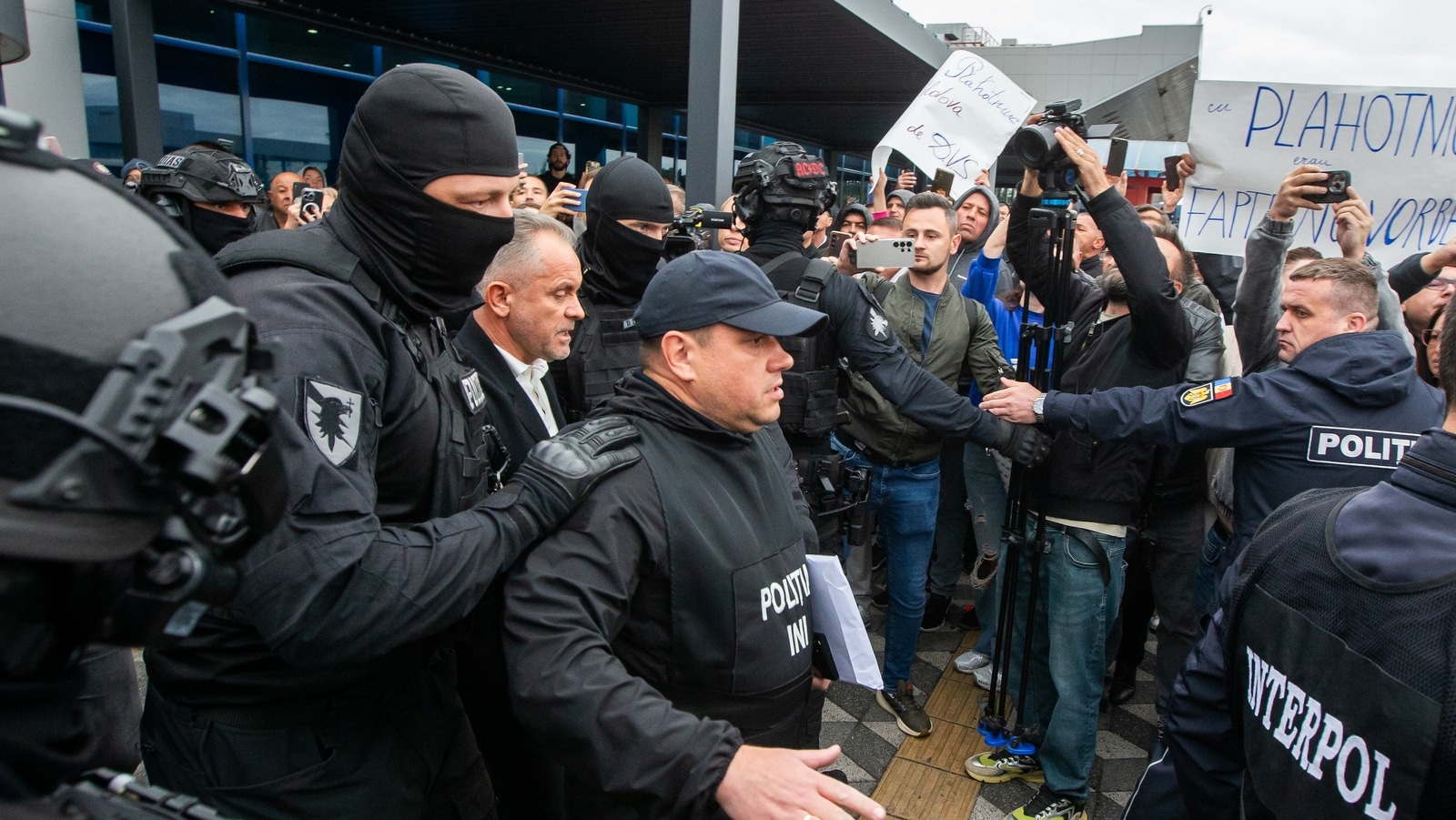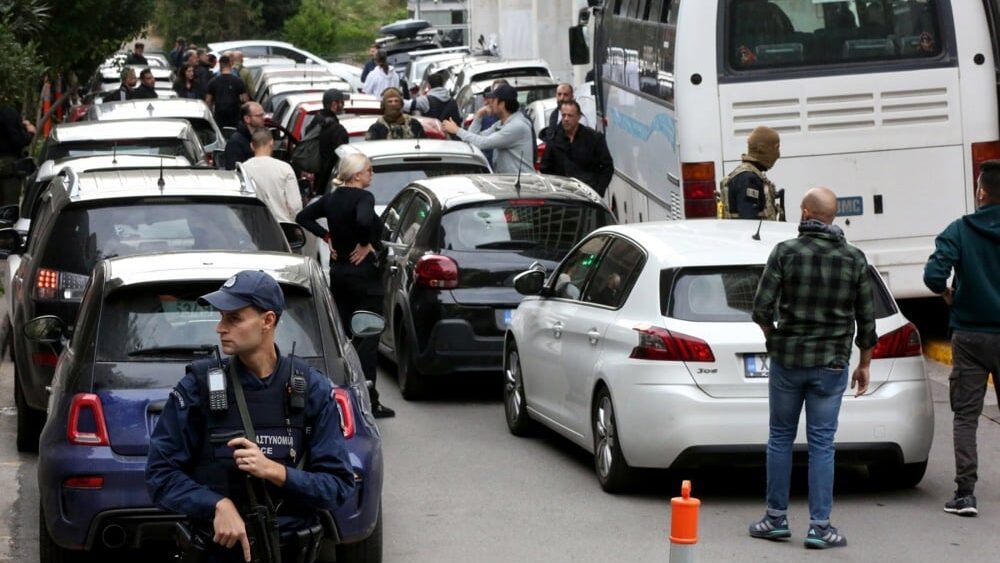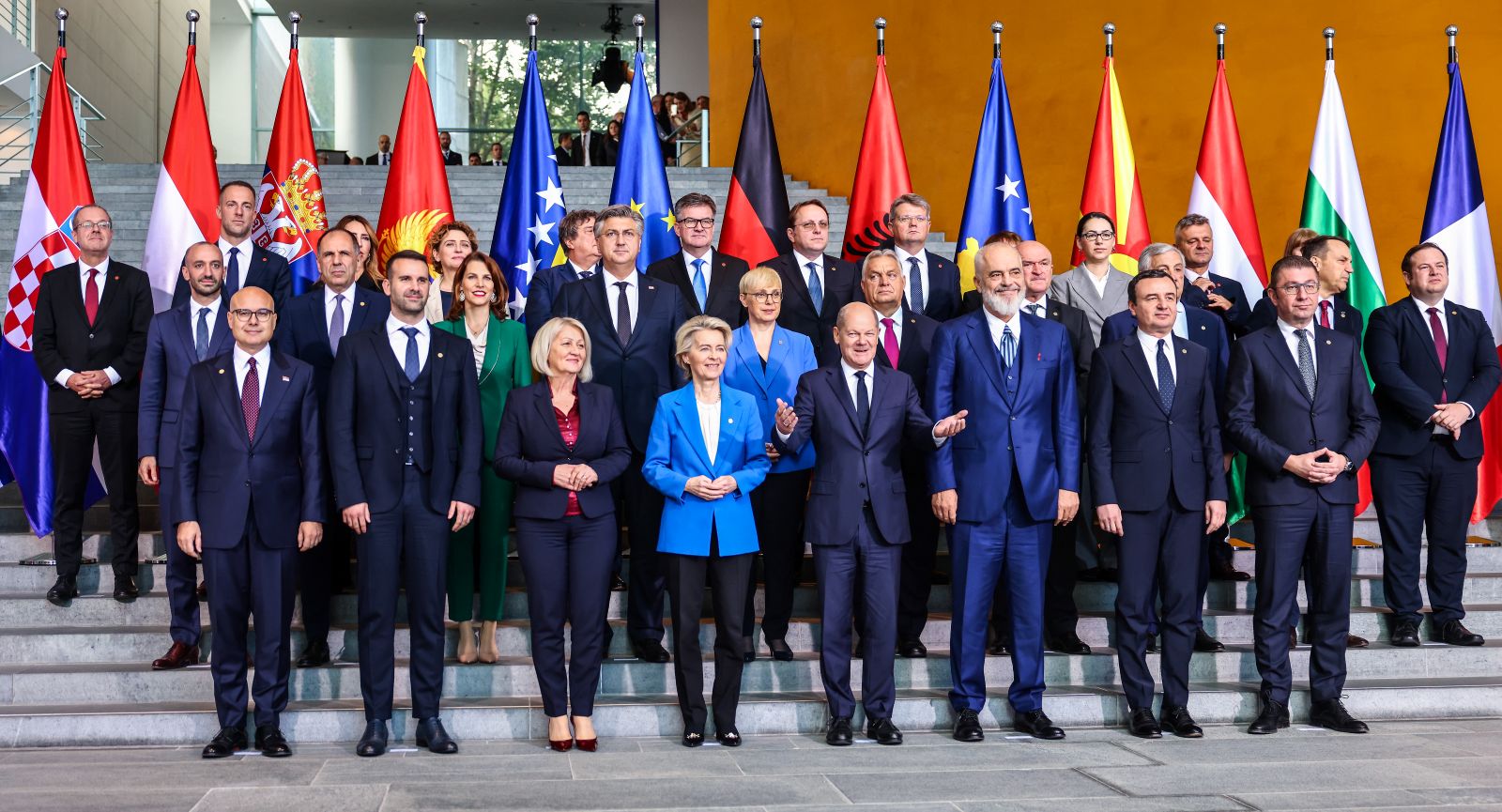Fugitive Oligarch Plahotniuc Extradited to Moldova From Greece
Source: Balkan Insight

Police escort Vladimir Plahotniuc (C) off a plane after his extradition from Greece at Chisinau airport, Moldova, 25 September 2025. Photo: EPA/DUMITRU DORU
Fugitive Moldovan oligarch and former party leader Vladimir Plahotniuc arrived back in Chisinau on Thursday after being extradited from Greece, to face trial in his home country.
Footage broadcast by local television showed uniformed police officers escorting Plahotniuc off a plane. With his hands tied behind his back, he was placed in a car and taken to a jail.
“As of this moment, all four pre-trial detention warrants previously issued against Plahotniuc have entered into force. He will be informed of the charges brought against him, including those related to the bank fraud case already before the court,” anti-corruption prosecutor Alexandru Cernei told TVR Moldova.
In 2020, Moldovan prosecutors charged Plahotniuc with involvement in the so-called “theft of the century”, in which huge sums of money disappeared from the country’s banking system in 2014-15.
That scandal saw more than $1 billion siphoned from three Moldovan banks through fraudulent loans and offshore accounts, devastating the country’s economy and badly damaging public trust in state institutions.
Plahotniuc is under investigation in three other cases involving fraudulent privatization, falsification of public documents, and money laundering. He faces a cumulative sentence of up to 25 years in prison.
Despite mounting legal cases at home and international sanctions – including US sanctions for corruption and undermining democratic processes – Plahotniuc avoided facing justice for years.
He fled Moldova in June 2019, after the collapse of the Democratic Party-led government, which he was widely seen as controlling from behind the scenes. Since then, he has reportedly moved between the United States, Turkey and the United Arab Emirates, while Moldovan authorities pursued his extradition.
Plahotniuc was once regarded as the de facto ruler of Moldova and was accused of running the country as a personal fiefdom, manipulating courts, controlling major media outlets and exercising pervasive influence over political and business life. He dismissed all the allegations as politically motivated.
His return to Moldova comes as the country prepares for crucial parliamentary elections on Sunday, in which the pro-European government has put the fight against oligarchic influence and judicial reform at the heart of its agenda.
The original article: belongs to Balkan Insight .



